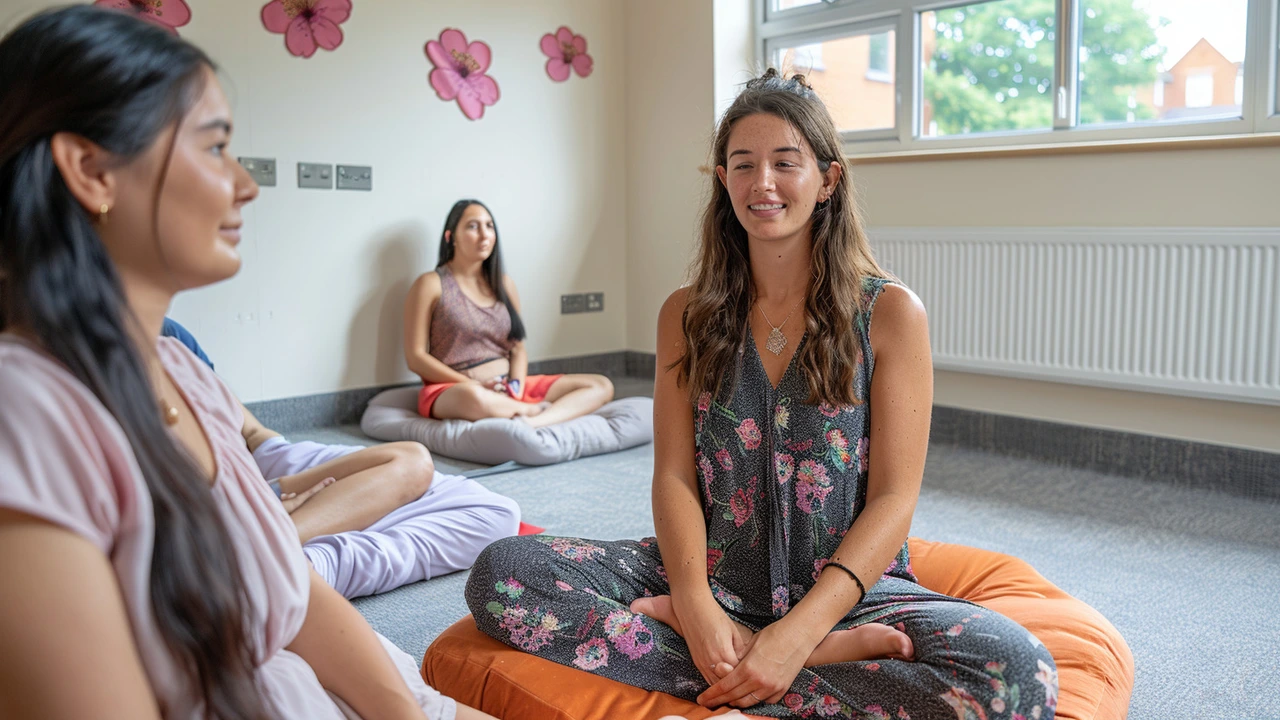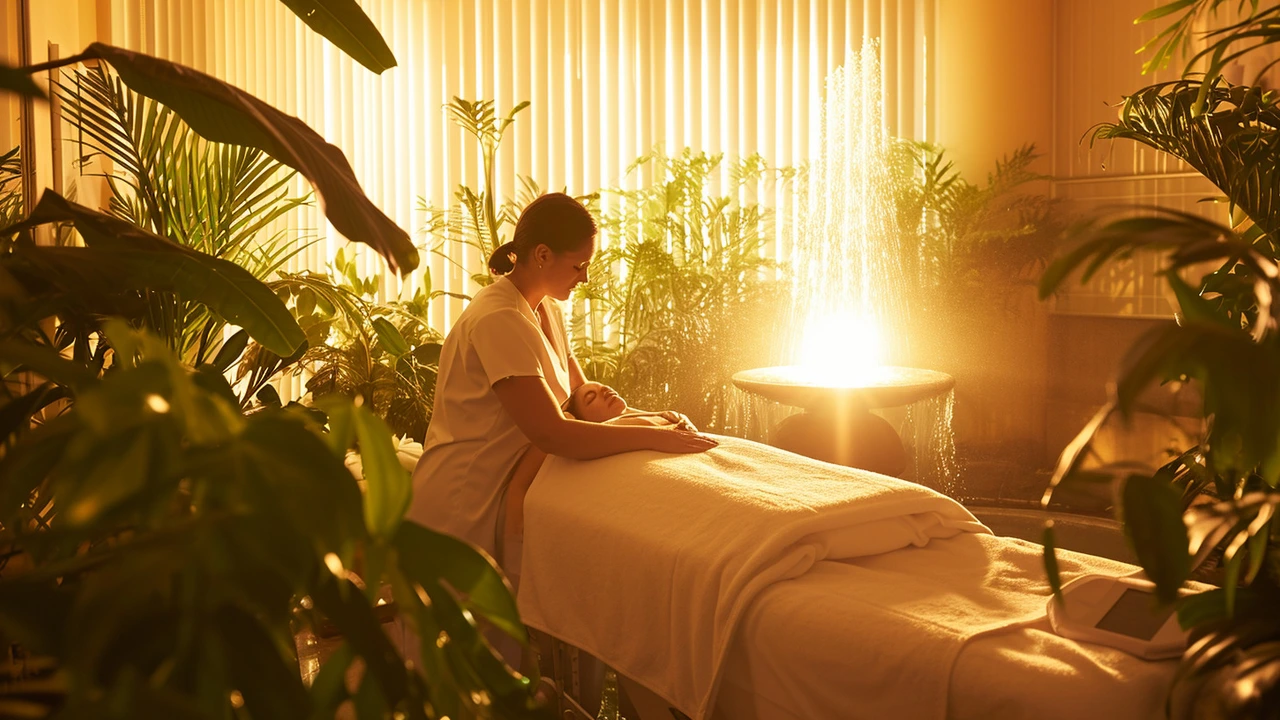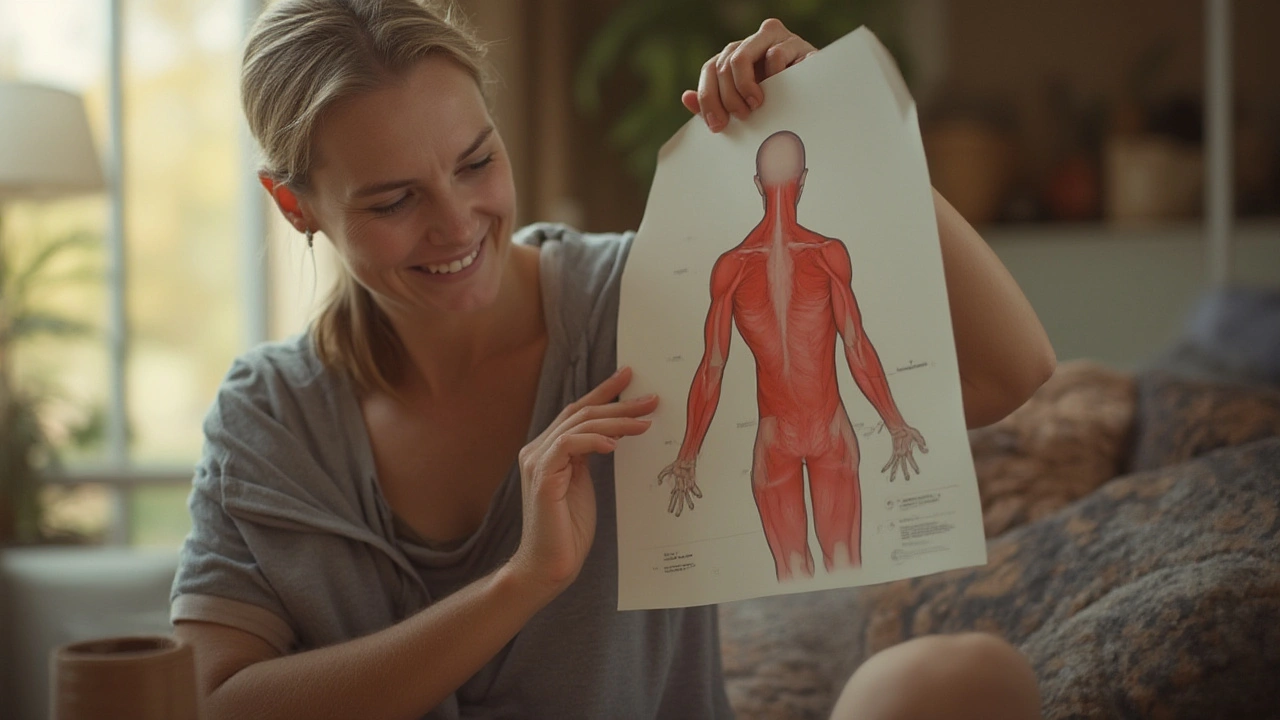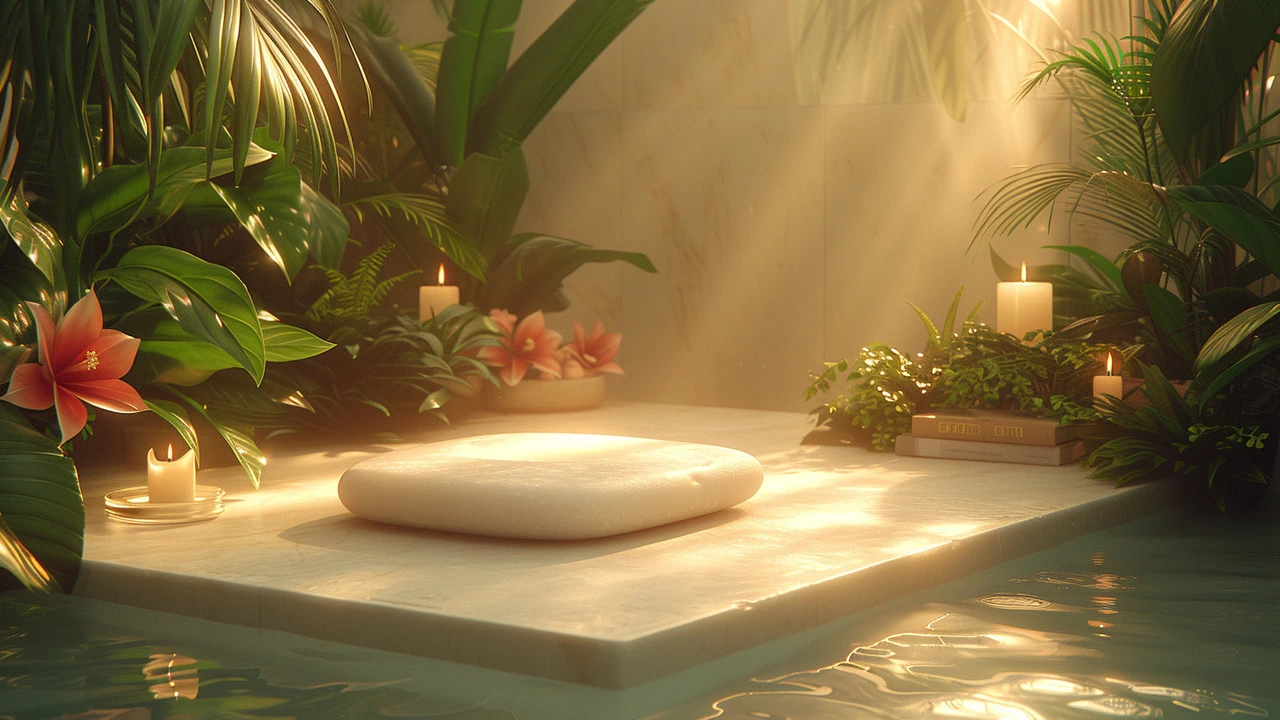Integrating Reiki into Your Self-Care Routine: A Comprehensive Guide

Understanding Reiki: Unlocking the Door to Energy Healing
At the heart of countless self-care conversations, nestled between discussions on mindfulness and meditation, lies Reiki—a healing technique rooted in the ancient Japanese tradition. This practice, grounded in the belief that a 'life force energy' flows through us, asserts that when this energy is low, we're more likely to fall ill or feel stress, and when it's high, we're more capable of being happy and healthy. The concept might sound abstract to some, but the essence of Reiki revolves around harnessing this life force to promote healing and balance in the mind, body, and spirit.
Reiki practitioners use a technique known as palm healing or hands-on healing through which a 'universal energy' is said to be transferred through the palms of the practitioner to the patient in order to encourage emotional or physical healing. It's a practice that doesn't rely on any particular belief system or religious alignment, making it accessible to anyone open to exploring its potential benefits. The therapy itself is usually administered in a serene setting where you're encouraged to relax and open up to the healing process. Sessions can vary in length but typically last about an hour.
The beauty of Reiki lies in its simplicity and depth. It doesn't require any specific equipment or physical exertion, making it a uniquely accessible form of self-care. Whether you're dealing with physical discomfort, emotional stress, or simply seeking a state of deeper relaxation, Reiki offers a pathway to healing that complements traditional medical treatments and promotes overall well-being.
The Myriad Benefits of Reiki for Health and Wellness
When we dive into the potential health benefits of Reiki, the list is impressively comprehensive. From significantly reducing stress and anxiety to alleviating pain and promoting healing after surgeries, Reiki has shown promise in a variety of areas. Perhaps one of its most celebrated advantages is its ability to offer relief from stress and anxiety. In a world where these conditions are increasingly common, Reiki presents a gentle yet powerful tool for achieving a state of relaxation and peace.
Anecdotal evidence abounds, but scientific research is also beginning to shed light on the efficacy of Reiki. Studies have indicated that Reiki can help lower blood pressure, improve sleep patterns, and even reduce symptoms of depression. For example, a study published in the Journal of Alternative and Complementary Medicine found that participants who underwent Reiki therapy experienced measurably lower stress, anxiety, and depression levels. These findings suggest that Reiki has the potential not only to improve overall emotional well-being but also to act as a supportive therapy in the treatment of specific health conditions.
It's not just adults who can reap the benefits of Reiki—children, and even pets, have been known to respond positively to Reiki treatments. The non-invasive nature of Reiki makes it a versatile tool in promoting health and wellness across a wide demographic.
Incorporating Reiki into Your Daily Life: Practical Tips
Embracing Reiki as part of your self-care routine doesn't necessarily mean you need to spend hours in a practitioner's studio every week. There are several practical ways to incorporate Reiki principles and practices into your daily life. For starters, simply setting aside a few minutes each day to sit quietly and focus on your breathing can lay the foundation for a Reiki-informed mindfulness practice. Over time, you may choose to explore deeper aspects of Reiki, perhaps even seeking training to become a practitioner yourself.
Attending Reiki share events or joining a local Reiki community can offer valuable support and insight as you navigate your journey with energy healing. Connecting with others who are also exploring Reiki can provide encouragement, share best practices, and create a sense of belonging within a healing-focused community.
Moreover, there are small, yet meaningful, ways to weave Reiki principles into the fabric of your everyday life. From setting intentions for the day ahead to practicing gratitude or even using affirmations that resonate with Reiki's healing energy, the opportunities to align your daily activities with Reiki's foundational beliefs are plentiful. It's about creating a space for healing and balance, both within yourself and in your immediate environment.
Evidence-Based Support: What the Research Says About Reiki
While personal testimonials provide compelling anecdotes about the benefits of Reiki, it's important to also consider the scientific perspective. Research into the efficacy of Reiki is an evolving field, with studies increasingly acknowledging its potential as a beneficial complementary therapy. A critical review of Reiki studies, undertaken to evaluate its impact on health outcomes, highlighted promising results, particularly in the realms of pain management, mood improvement, and stress reduction. This review, appearing in respected publications such as the American Journal of Hospice and Palliative Medicine, emphasizes the importance of further high-quality research to fully understand the scope of Reiki's benefits.
One of the most compelling aspects of Reiki research is its focus on the holistic nature of healing. Rather than concentrating solely on the physical symptoms, studies often explore how Reiki can influence emotional well-being, spiritual growth, and psychological resilience. This holistic approach is in alignment with the growing recognition of the interconnectedness of mental, physical, and spiritual health in achieving overall wellness.
In conclusion, while Reiki may have once been viewed with skepticism, the tide is turning as more individuals seek out holistic and alternative therapies to complement traditional medicine. The growing body of evidence, combined with countless personal success stories, makes a strong case for considering Reiki as an integral part of your self-care regimen. As we continue to explore and understand the myriad ways in which Reiki can support health and wellness, it's clear that this ancient practice holds a special place in the modern pursuit of well-being.





